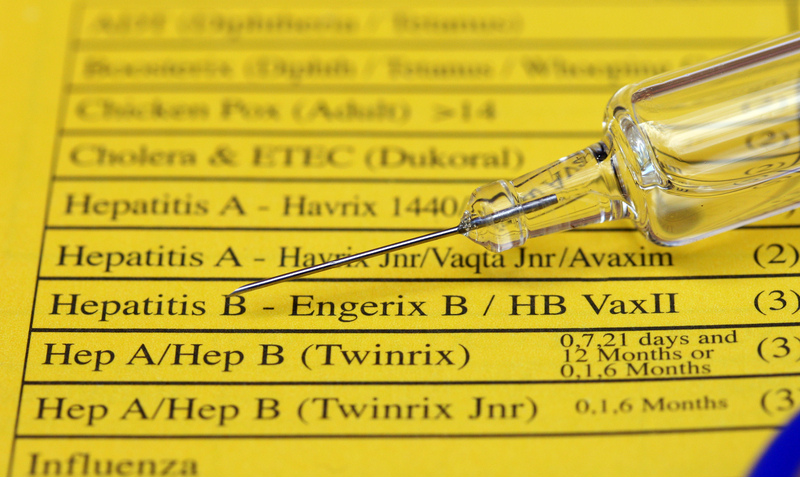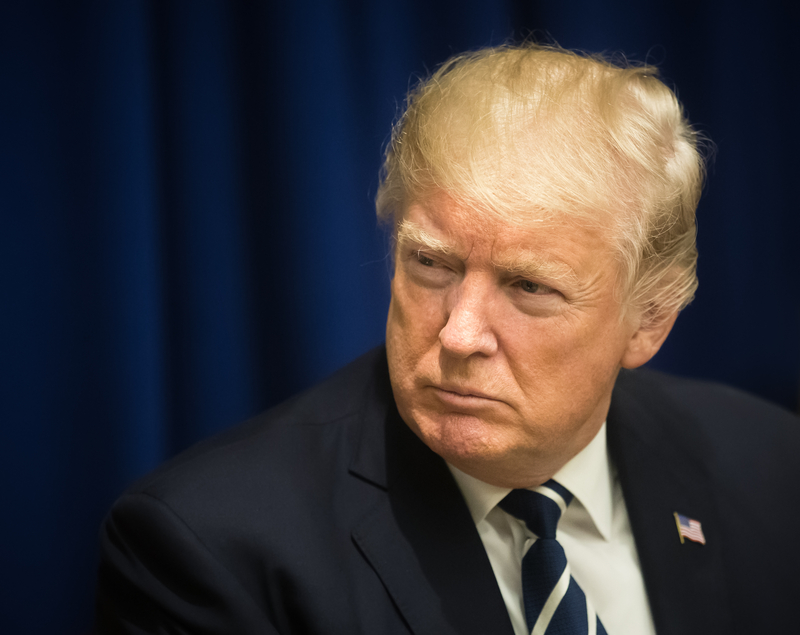RFK Jr.’s $500 Million mRNA Vaccine Funding Cut: Implications for Minority Communities
- By Victor Mejia

Trending Topics
Features
- Drive Toolkit
Download and distribute powerful vaccination QI resources for your community.
- Health Champions
Sign up now to support health equity and sustainable health outcomes in your community.
- Cancer Early Detection
MCED tests use a simple blood draw to screen for many kinds of cancer at once.
- PR
FYHN is a bridge connecting health information providers to BIPOC communities in a trusted environment.
- Medicare
Discover an honest look at our Medicare system.
- Alliance for Representative Clinical Trials
ARC was launched to create a network of community clinicians to diversify and bring clinical trials to communities of color and other communities that have been underrepresented.
- Reducing Patient Risk
The single most important purpose of our healthcare system is to reduce patient risk for an acute event.
Related Posts
NMQF’s Role in Helping Flint Reclaim Its Health Future
- Jessica Wilson
AAP Releases New Vaccine Schedule as Pediatricians Push Back on Federal Changes
- Victor Mejia
The Current State of Life in Flint, Michigan: Water, Health, and Justice
- Subash Kafle

















